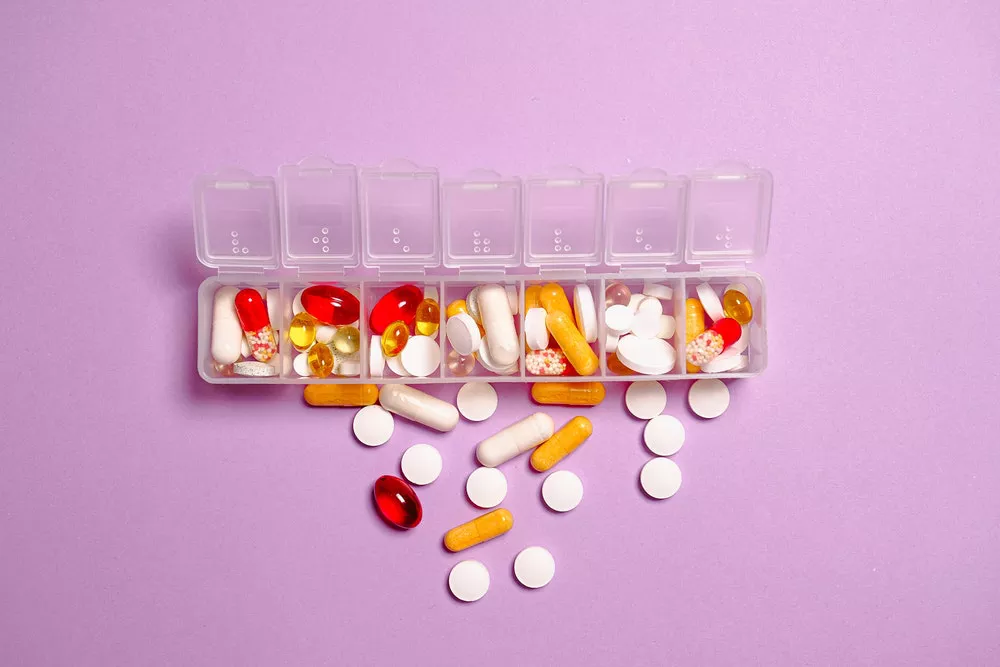Absolutely not.
A total ban on intravenous infusion?
For certain cases of severe dehydration, serious bacterial infections and gastrointestinal diseases with inability to eat, intravenous infusion is an important form of fluid resuscitation and treatment. That is to say I.V. cannot be banned completely.
Atomized inhalation instead of intravenous infusion?
That is nonsense. Atomized inhalation and intravenous infusion are different forms of drug administration, which will be used for different types of diseases. They do co-exist.
Is atomized inhalation more harmful to body than intravenous infusion?
Literally, this is nonsense. Different ways of drug administration depending on the different conditions. Actually, there is no way to compare the harm between them.
Medicine of atomized inhalation are bronchodilators, glucocorticoids, mucolytics, and antibiotics, which are taking effects on respiratory diseases. The inhaled drugs can act directly on the mucous membrane of the respiratory tract.
Compared with the way of oral administration or the intravenous infusion, atomized inhalation requires a smaller amount of drugs, which has fewer side effects for fewer drugs entering the blood circulation. Intravenous infusion is mainly used for patients of sever illness who need rapid rehydration.
When used appropriately, they are both effective and less harmful forms of treatment. However, if used inappropriately, excessive drug abuse or the use of inappropriate drugs for atomized inhalation or intravenous infusion can be harmful to children body regardless of the method of administration.




